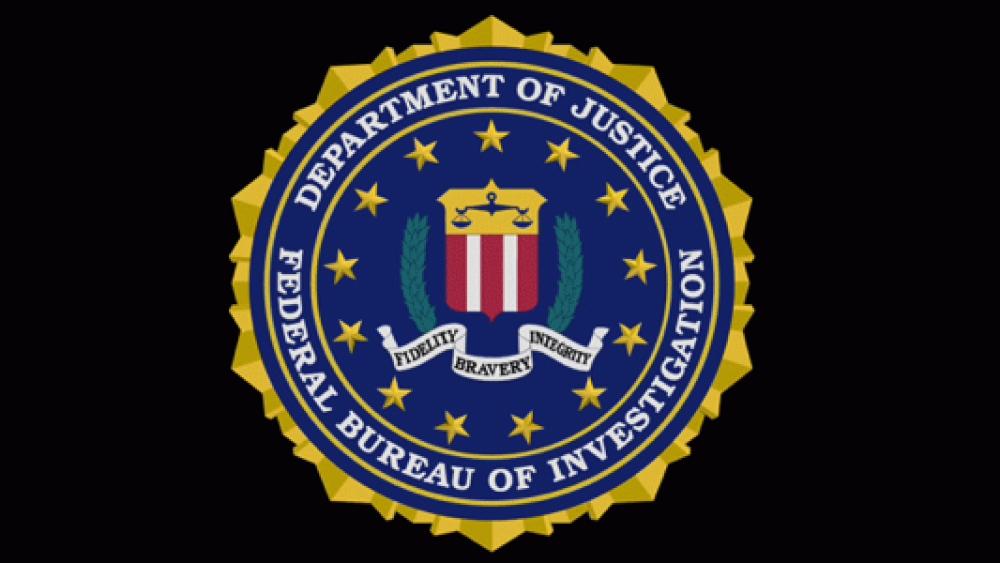Are you uncomfortable with having to use body armor? Is your department sending more officers to terrorism training exercises?
Regardless of how you relate to the changing reality of our time, the threat of focused harm to you and your crew is definitely genuine, and wearing flak vests is the just the beginning.
Whether we like it or not, the increased frequency of terror related incidents, including mass causality, coordinated bombings, lone-wolf insurgences, and deranged and senseless killings are bringing the fire service into the realm of law enforcement’s strategies of security and protection.
While we have spent the last few decades improving relations with local, county and state police personnel, it is time to train with law enforcement’s advanced tactical squads as well as their criminal and investigative units.
We can’t help them if we don’t know what they do, and vice versa. Law enforcement agencies at all levels are admitting to the same disparity and for once the federal government is ahead of the curve.
Specifically, the Federal Bureau of Investigation has begun trainings and community exercises geared toward successful coordination among all federal, state and local agencies tasked in dealing with large scale aberrant behavior.
Tabletop training
The premise for such a program is that while law enforcement is the tip of the response spear when dealing with an active shooter or similar threat, risk to local emergency service personnel and private sector workers must be identified and minimized by coordinating with law enforcement.
This is a result of all parties acknowledging that such risk is high throughout the time it takes police to remove the threat.
The FBI’s offering of tabletop exercise contains the latest in strategy and tactics when dealing with overt acts of terrorism. Because of this, they are not widely disseminated.
But while sensitive in nature, they contain no plans that are classified. This lowering of security clearance is a reflection of the FBI’s confidence in our various community response agencies, allowing them to give out critical information where appropriate.
Equipped with a facilitator, exercise staff and observers, the tabletop exercises can be geared toward a shooter at the mall or a hostage situation in a hotel, school or restaurant. They offer real-time challenges and the communications and eventual protocol needed to resolve them.
Discussion begins with operational plans and response actions. Critical elements of both are identified and responsibilities are sharpened while safety and security operations are advanced.
Identifying weaknesses
The exercise is intended to be a low-stress experience emphasizing local agency, services and organization capabilities. Scenario-based decisions are not final on any particular issue and existing policies and procedures are meant to be examined for efficiency and inter-agency effectiveness.
There are no hidden agendas or tricky inserts. Participants experience appropriate evaluation parameters in a unified effort to hone jurisdictional responsibilities while describing real-time response actions.
Specifically, existing security measures are reviewed and crisis response plans discussed. Preparedness efforts within public and private partners are examined and enhanced. A well-coordinated response to any critical incident is the ultimate goal for participating federal, state, local and private entities.
During the exercise, the incident command system is the operational model with roles, functions and specific structures examined and integrated into an agreed upon process.
Lines of authority and their communication mechanisms are examined. That’s because the ability to establish and maintain effective communications is critical to resolving the threat and affects how different threats stress each agency.
There are breakout sessions to review the processes for mobilizing, integrating and managing resources as well as identifying flexibility and endurance among the various organizations.
Post-incident recovery, long-term consequences and media interaction to promote public confidence are on the table to include agencies and personnel not necessarily in the initial response categories.
Do the training
Today’s threat of violent demands that firefighters learn, train and embed themselves as an effective ally whether as SWAT medics, command staff, heavy rescue and equipment responders or simply available essential personnel.
Evacuation, containment, as well as command and control, are unified goals the fire service understands. While they require tactics appropriate to each agency involved, the incident itself reflects continuing danger.
Survival under these extreme circumstances demands that all suspects involved are guilty until proven innocent, a lesson that can only be instilled by working closely with law enforcement.
These scenario-based exercises illuminates strengths and weaknesses at all response levels, which allows the weaknesses to be resolved. Given enough advanced notice, the FBI can customize the tabletop exercise to your community or facility.
Not taking advantage of offerings such as the FBI’s tabletop exercise program is careless and puts crews at risk when, not if, the high threat incident occurs.
For more information on these tabletop exercises, contact your local law enforcement official or your nearest FBI office.













